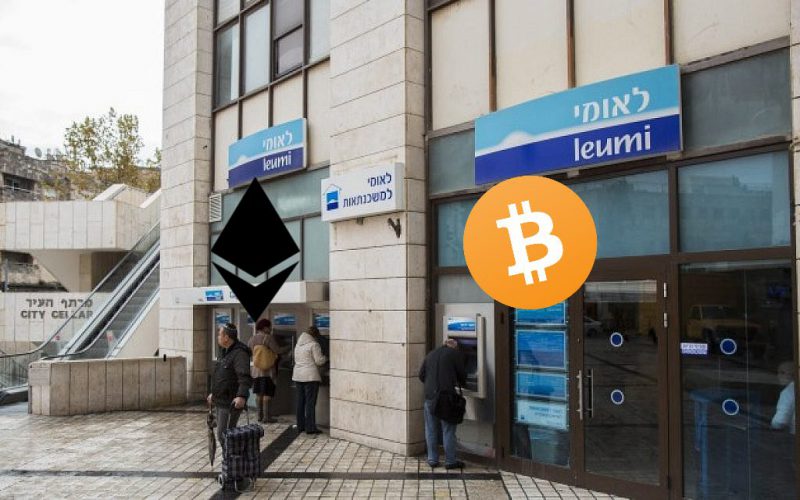According to a Reuters report, one of Israel’s leading banks, Bank Leumi (LUMI), will begin offering crypto trading through its digital platform Pepper Invest. Pepper Invest revealed the news on Thursday, following a partnership with Paxos, a blockchain firm based in the United States.
The report said that customers of Pepper Invest will be able to buy, hold, and sell cryptocurrencies for at least 50 shekels ($15.49). The firm has also revealed that users will only be able to buy and sell Bitcoin (BTC) and Ethereum (ETH) for now, until further notice.
The Bank Leumi Le Israel BM is a financial institution located in Israel. It operates in Israel and internationally through subsidiaries that include both banking and non-banking enterprises.
The statement did not provide a launch date and stated that regulatory permission is currently awaited.
The report said,
”Pepper will collect tax according to the guidelines of the Israeli Tax Authority so that customers will not need to manage tax complexities.”
Crypto heading towards mass global adoption soon?
Leumi is one of Israel’s largest banks, and to have them look into and accept cryptocurrencies is a big move in the positive direction.
The crypto space has seen several adoption cases over the past few months. Giant financial corporations and firms have already begun trading cryptocurrencies. Goldman Sachs and JP Morgan, two of the largest investment banks are already offering crypto investments to their clients.
HSBC, one of the largest banks in the world, recently announced a partnership with The Sandbox, stating that they will soon open up a branch in the virtual world.
With more institutional money flowing into the crypto market, we are likely to see a faster adoption for crypto in a general sense. Many corporations are pushing for crypto acceptance, as public demand for the same grows every day. Cryptocurrencies can no longer be ignored, as more and more use cases and investors flock to them.





